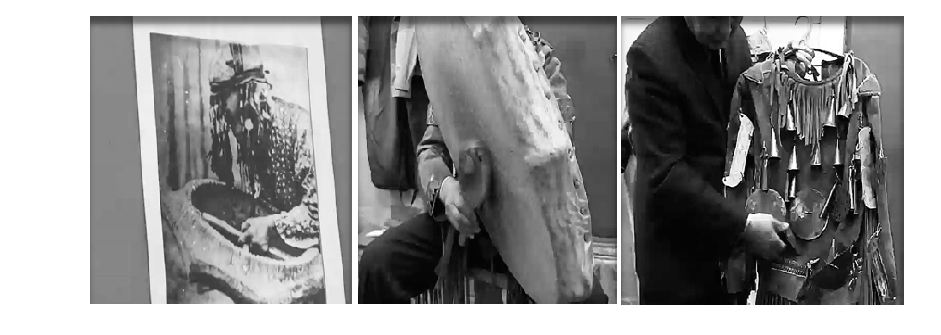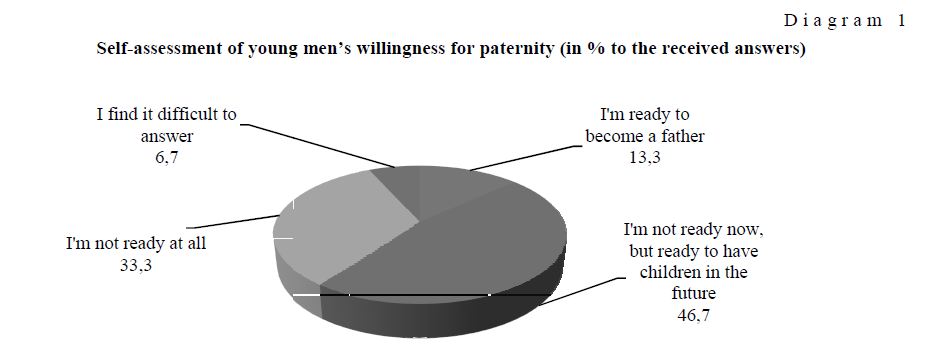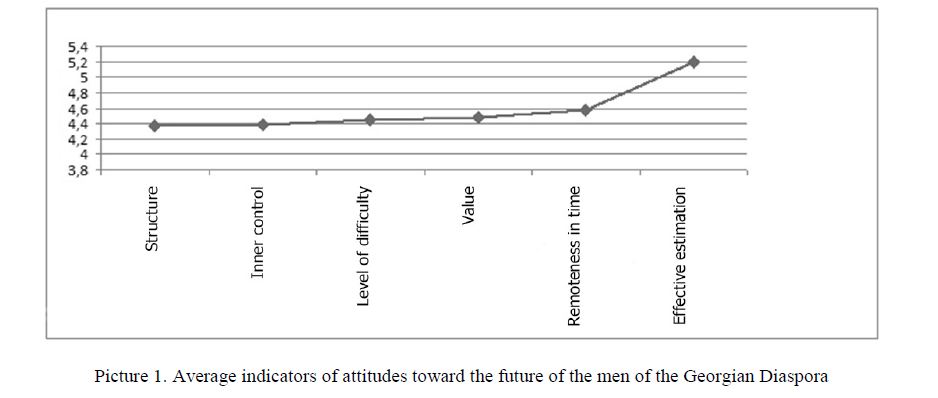Ethocultural identity in phenomenon of diaspora
This article analyzes the problem of ethno cultural identity in phenomenon of diaspora. The diaspora in this regard plays an important role, as ethnic group which united by diaspora, it is capable to consolidation of ethnos and preservation of the ethnic identity. More important is the question of the preservation of ethnic identity in the different environment. The article deals with the basic directions for the interpretation of the nature of ethnicity. Analyzing the studies in this area, we came to the conclusion that the key role in the formation of diasporas is a diaspora identity. Under a diaspora identity means a multiple identity, which stems from the structure and dynamism, and also reflect regional characteristics.
2014
K.K.Abdrahmanova, M.D.Zhankoshkarova


